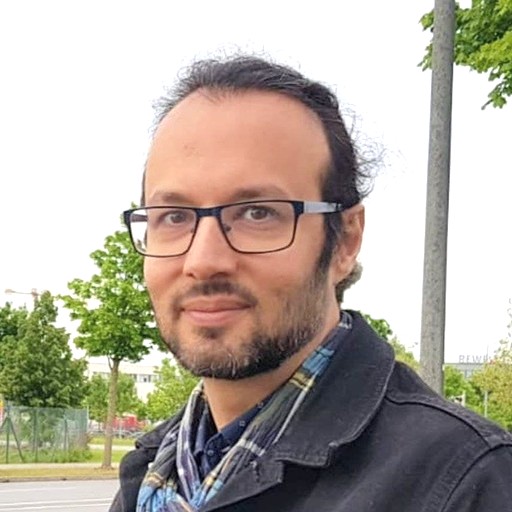Operate and test software processing pipelines being developed for the Rubin Observatory’s Legacy Survey of Space and Time (LSST) as a member of the Vera C. Rubin Observatory Data Management Team.
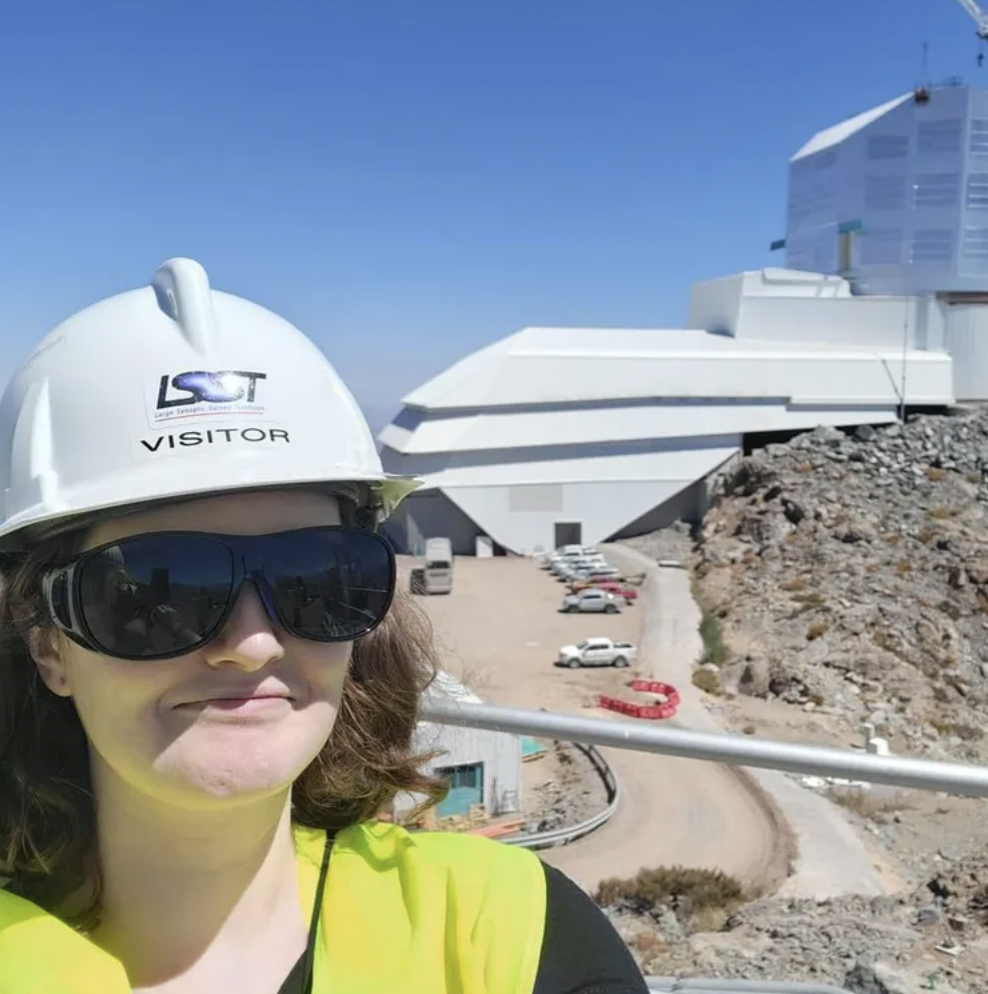

Operate and test software processing pipelines being developed for the Rubin Observatory’s Legacy Survey of Space and Time (LSST) as a member of the Vera C. Rubin Observatory Data Management Team.
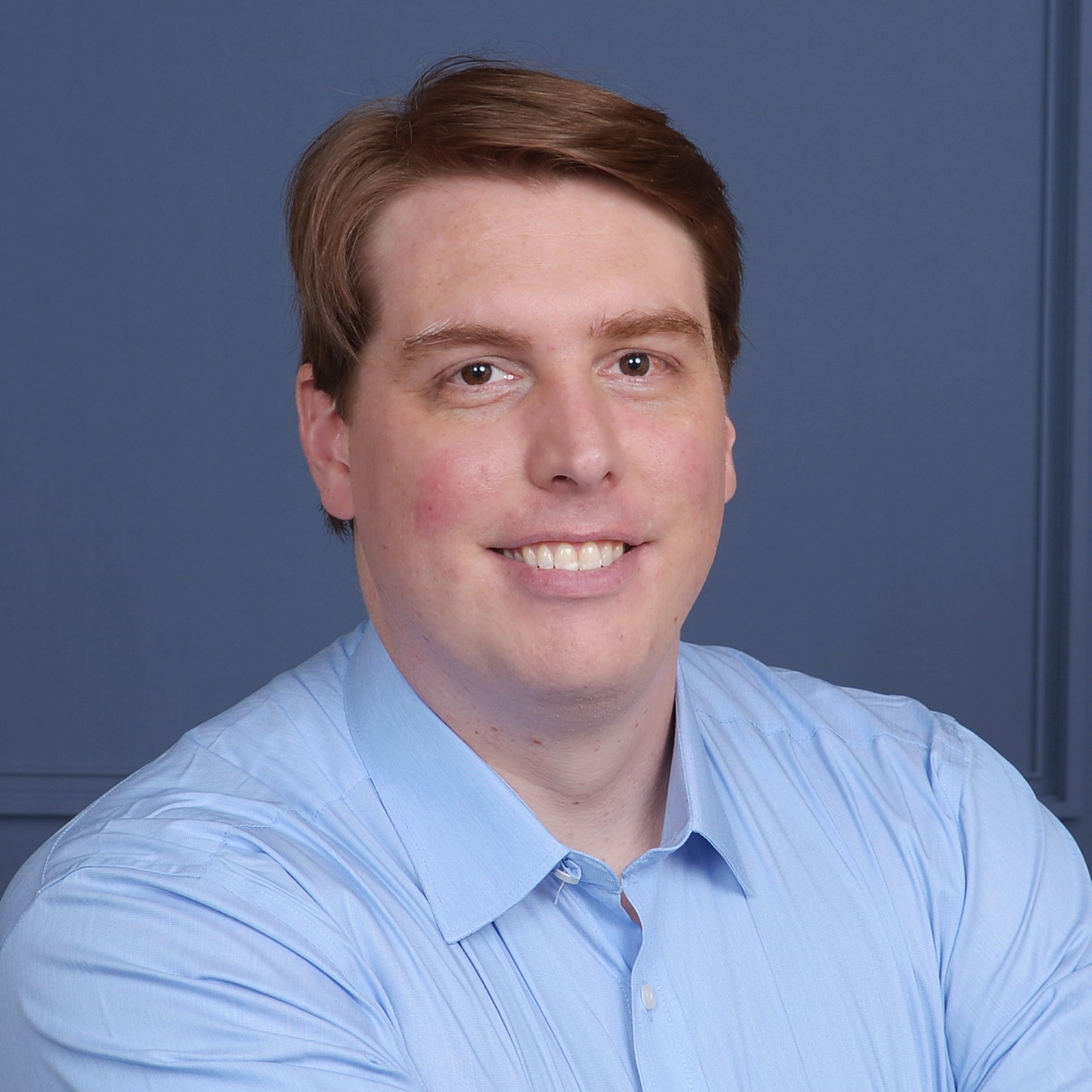
Michael Tauraso has an MS in Physics from the University of Washington, and a BS in computer science from Harvey Mudd College. Most recently, Michael researched Bayesian methods of gravitational wave data analysis for the LISA mission. Before that, Michael spent 12 years building software infrastructure at several successful startup companies specializing in financial technology, transportation, and productivity. Michael’s research interests include astronomical data analysis, gravity, theoretical astrophysics, stars, compact objects, precision instrumentation, high energy astrophysics, and gravitational waves. In his free time Michael occasionally dances blues, tango, and swing.
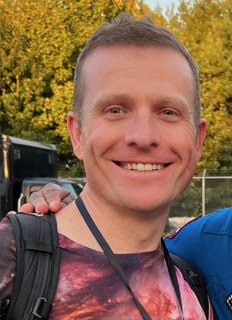
Colin Orion Chandler is a Project Scientist for the LSST Interdisciplinary Network for Collaboration and Computing (LINCC) Frameworks project, and serves as co-chair of the LSST Solar System Science Collaboration. Colin earned his Ph.D. in Astronomy and Planetary Science from Northern Arizona University, where he was an NSF Graduate Research Fellow, after he graduated from San Francisco State University with a BS in Physics with a Concentration in Astrophysics. He specializes in solar system science (especially cometary activity), Citizen Science, and working with large-scale archival image data. Colin founded the NASA Partner program “Active Asteroids” (http://activeasteroids.net), a Citizen Science program hosted on Zooniverse. Colin is also an experienced observer, utilizing both ground- and space-based telescopes as part of his work.
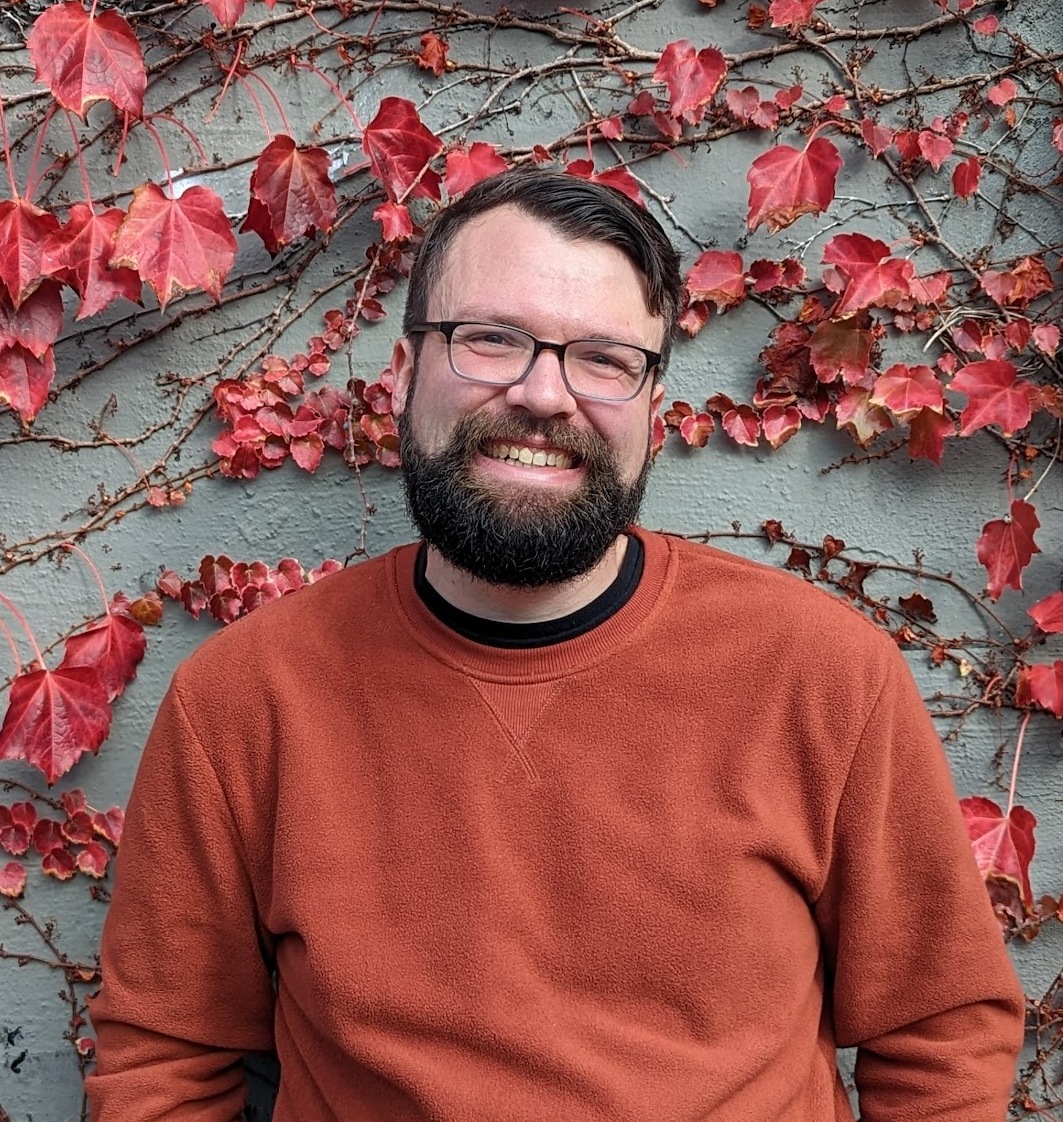
Wilson is a Software Engineer for the LINCC Frameworks team located at the University of Washington. He studied computer science at Rice University, and he has previously worked on serverless cloud infrastructure at Google. At LINCC, he is interested in the challenges of making analysis of LSST-scale data accessible. Beyond work he enjoys creative writing, west coast swing, and cozy evenings with his two cats.
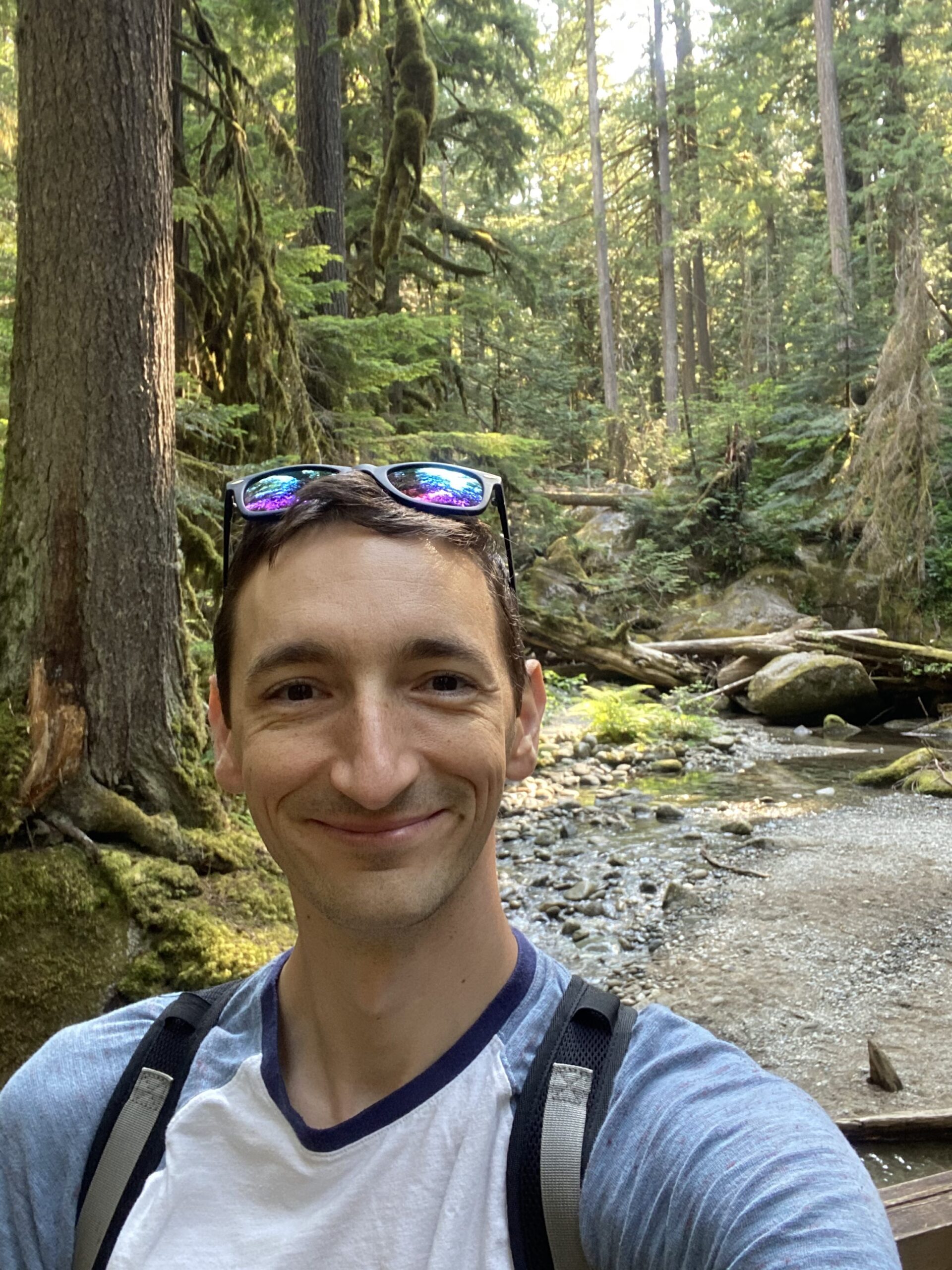
Drew is a Software Engineer for the LINCC Frameworks team at the University of Washington. He completed his undergraduate studies in Physics and Astronomy at the University of Texas at Austin. Prior to joining LINCC Frameworks, he worked at Redfin as a Senior Software Engineer and later, as an Engineering Manager – needless to say, he’s thrilled to be returning to an academic environment. Outside of work he enjoys riding bikes, playing outside with his wife and two daughters, and generally having a good time.
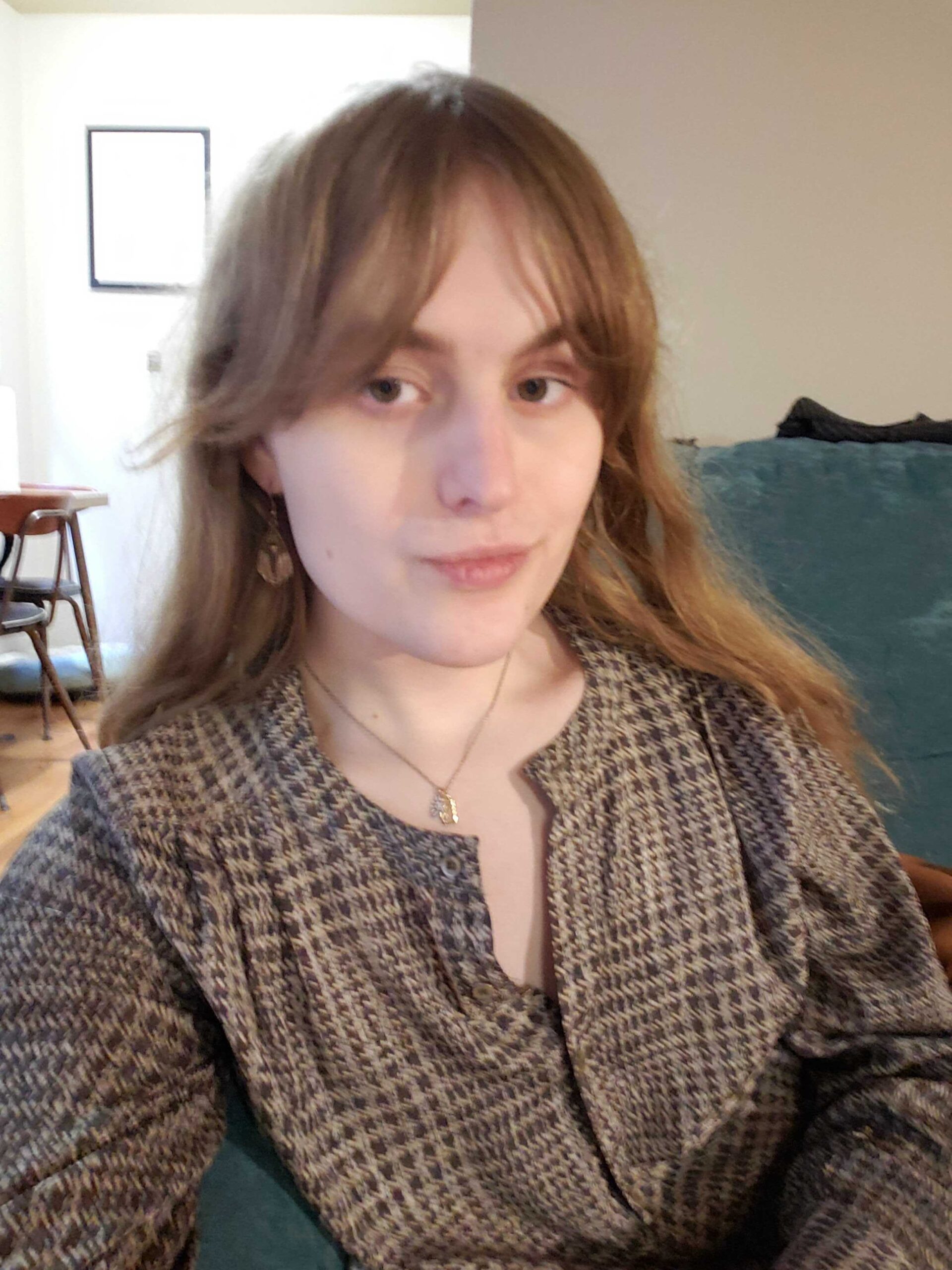
Max West is a software engineer for the LINCC project at the University of Washington in Seattle. She has worked in industry as a full stack developer since graduating from the University of Texas at Austin, both in the large tech firm environment of Amazon and as a member of an extremely small team at a nonprofit. She is excited to work on the large scale data and computation problems of the LSST project as well as getting to participate in an academic research environment.
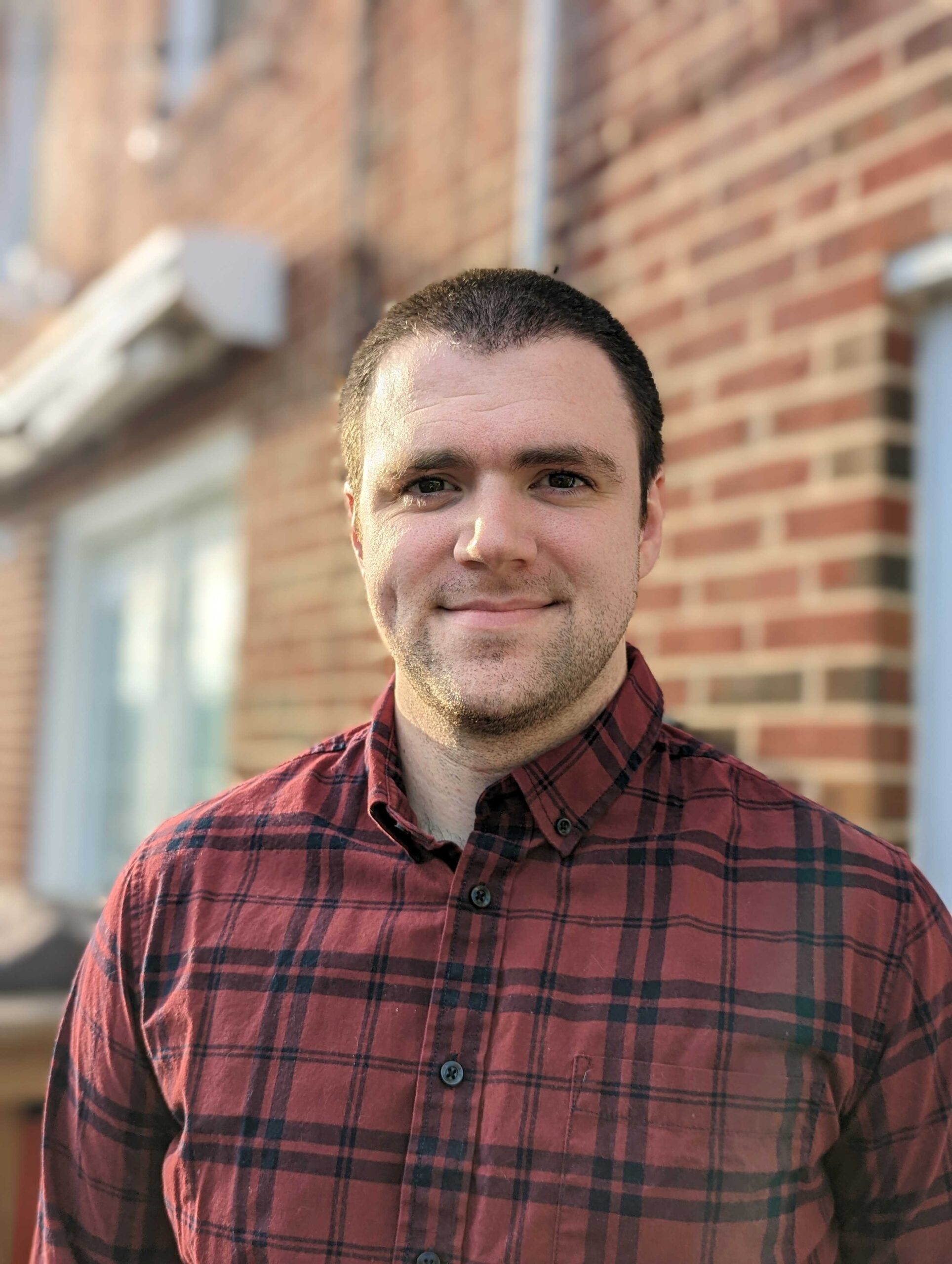
Doug Branton is a Software Engineer for the LINCC project located at the University of Washington. He completed his undergraduate studies in Physics and Astronomy at the University of Washington, and afterwards worked at the Space Telescope Science Institute for five years, where he supported the Hubble Space Telescope as a member of the Space Telescope Imaging Spectrograph (STIS) team. His research interests include the application of data science, machine learning, and software engineering to solve data-intensive challenges in Astronomy, particularly those that come along with survey-scale datasets.
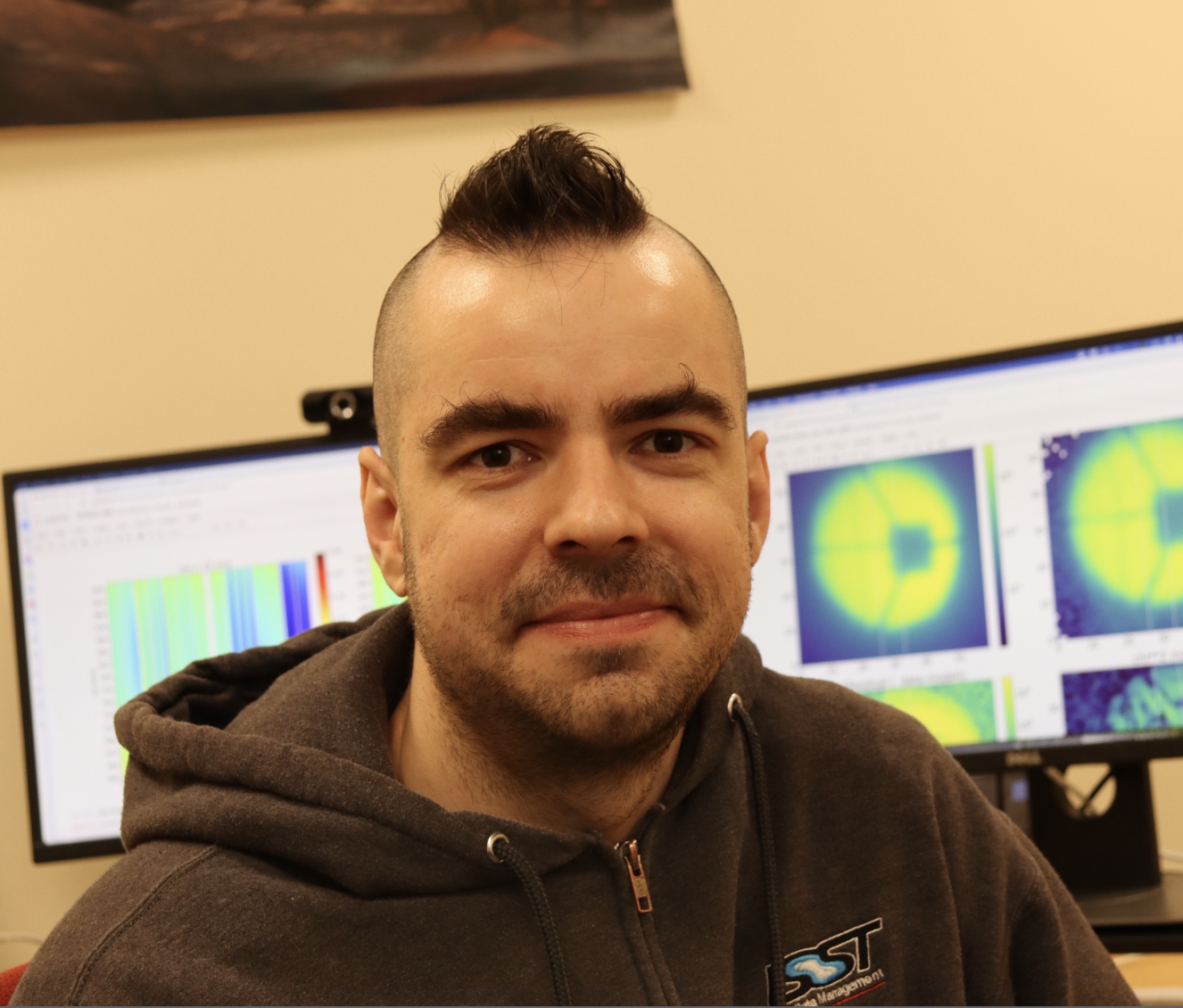
I am a postdoctoral scholar with a dual appointment; half the time working on LSST commissioning and half of the time serving as an Associate Director for LINCC Commissioning. My previous software development experience is as a pipeline specialist for the Prime Focus Spectrograph, the flagship instrument for the Subaru telescope. My research focus is extragalactic time-domain science, stochastic models of star-formation, and galaxy-black hole evolution. My main interest is the optical variability of active galactic nuclei, where I use large datasets and advanced statistical methods to determine the connections between variability and physical parameters driving this variability.
Brianna Smart is a research scientist in the Department of Astronomy and DiRAC at the University of Washington. She writes software as part of the Alert Productions Data Management group in support of the Vera C. Rubin Observatoriy’s Legacy Survey of Space and Time. She earned her B.S. in Astronomy and Physics at the University of Arizona, and her M.S. and PhD from The University of Wisconsin. Brianna has a varied background in astronomy from exoplanets to stellar dynamics to diffuse ionized gas. She also enjoys any science topic related to the Magellanic Clouds. Brianna is also a member of the International Astronomical Unions Junior Member Organizing Committee, running the JM’s twitter and helping to organize events for early career astronomers.
